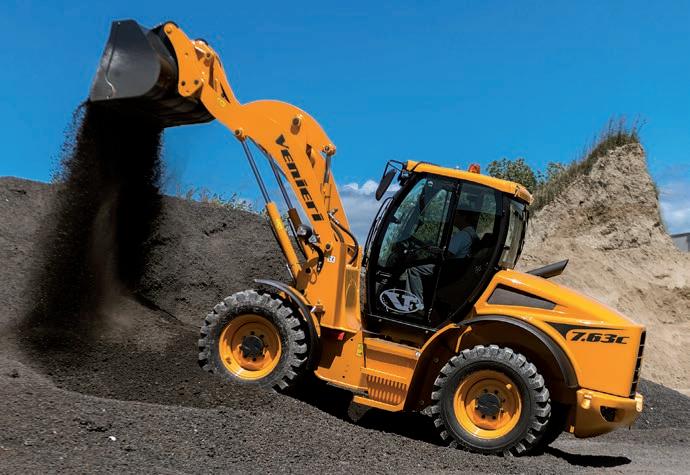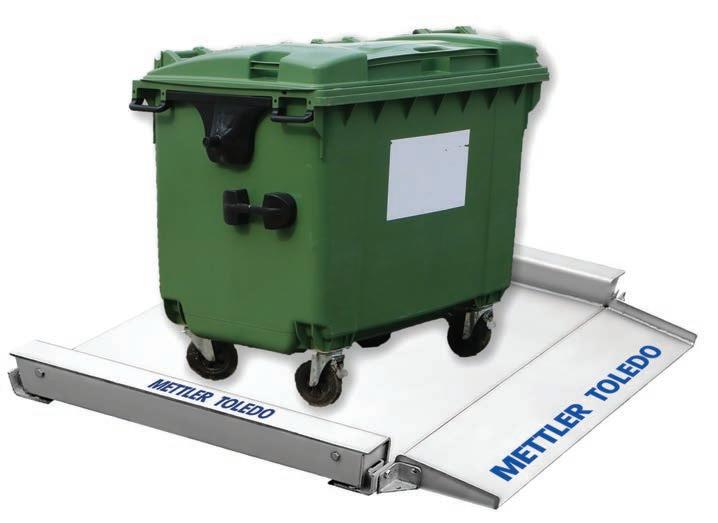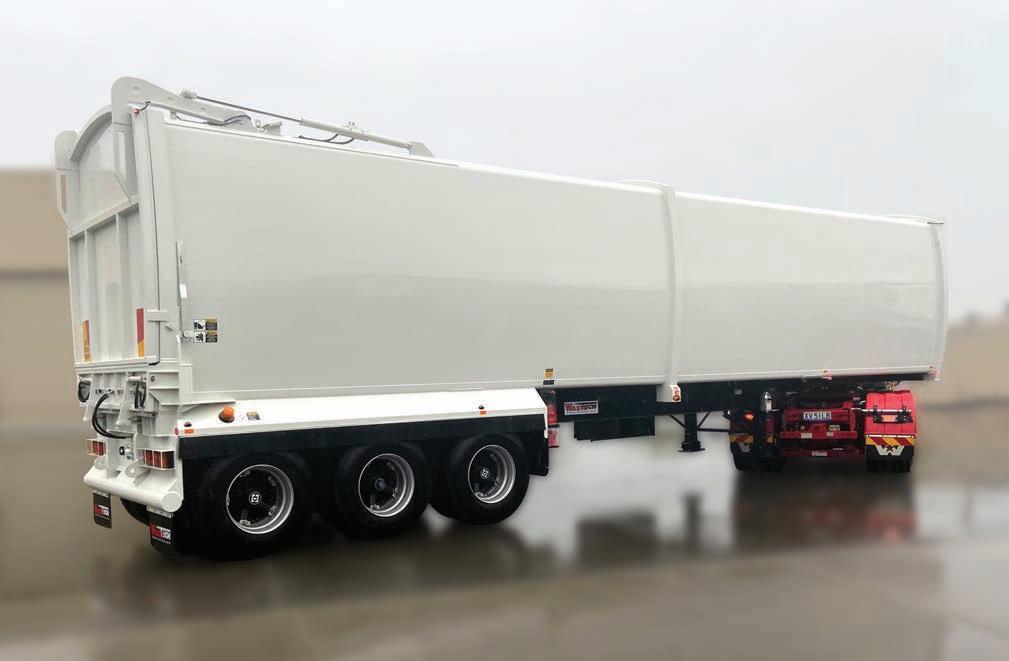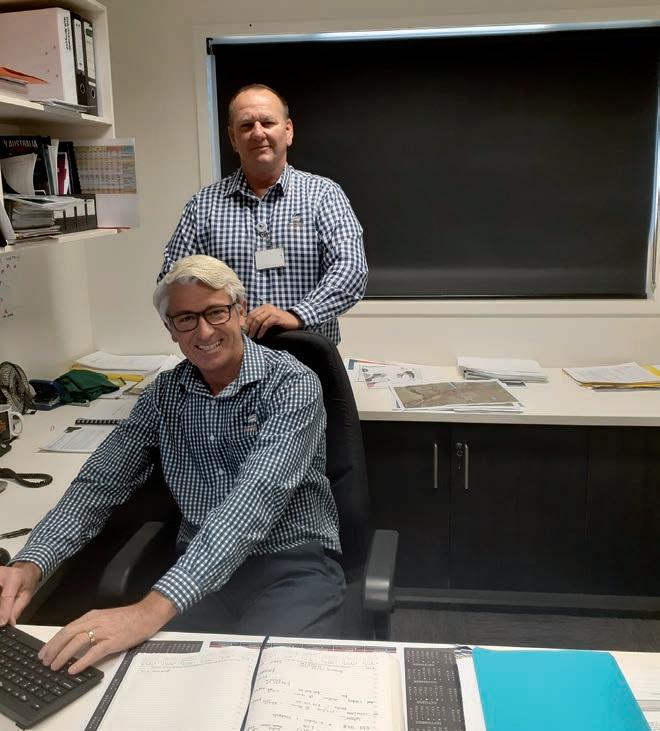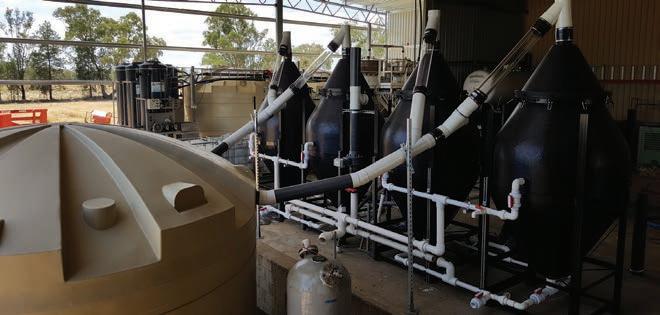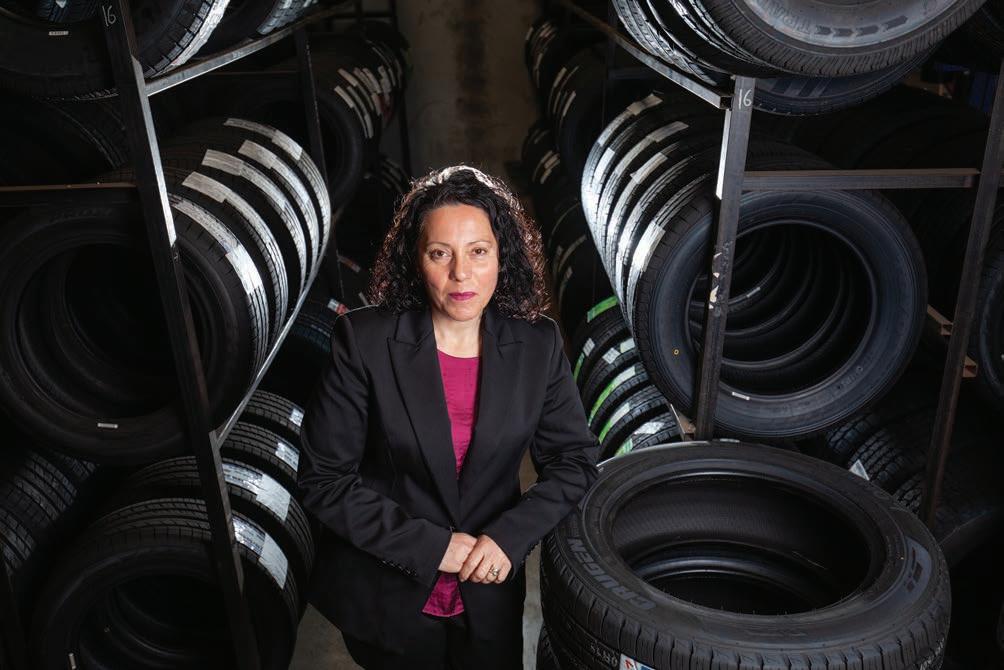FEATURED TOPIC – WASTEWATER
Water management and extraction BY ENSURING UP TO 90 PER CENT OF PROCESS WATER IS RECYCLED, CDE’S AQUACYCLE SYSTEM WORKS TO MINIMISE COSTLY WATER CONSUMPTION.
I
t’s incomprehensable to most. The notion that regions around the globe face issues arising from water stress on a planet whose surface area is made up of over 70 per cent water and whose total water volume – a staggering 96.5 per cent – is contained within oceans. Whether for consumption or sanitation, clean water in some parts of the world is taken for granted, as society fails to recognise the processes and infrastructure needed to maintain a clean water supply. CDE recognises that the benefits
Daniel Webber says water management and water recycling are prevalent issues that will only become more tightly regulated in years to come.
24 / WMR / November 2020
CDE’s AquaCycle accelerates return on investment by maximising production efficiency, minimising the loss of valuable fines, and reducing water and energy costs.
arising from sustainable water practice and processes are two-fold: they are economically advantageous and minimise environment impacts. Indeed, they are green from both perspectives. Innovations in the washing sector and the continued advancement of CDE’s pioneering wet processing solutions are supporting waste, quarry and materials processors to overcome the challenges stemming from water management; cost-based, efficiency, sustainability and regulatory. CDE’s modular wet processing equipment can contribute to the easing of water scarcity issues arising from the materials processing industry’s consumption of water resources, while greatly improving water efficiency and wastewater management practices. Developing technological solutions to tackle these mounting challenges
is paramount for many materials processors seeking to boost the profitability of their operation by minimising the consumption of costly water resources. Daniel Webber, CDE Regional Manager for Australasia, reports increasing regulations governing the responsible use and management of water in the industry, including those aimed at protecting marine environments and water sources from pollution. Webber explains that the Australian mining industry has adapted to more regulations surrounding its water usage than most other industries. “Each stage of the mining cycle requires permits, including, among other utilities, water permits,” he says. “The impact of an operation is also subject to strenuous environmental assessments to evaluate the

